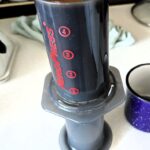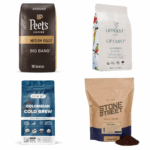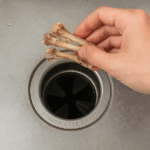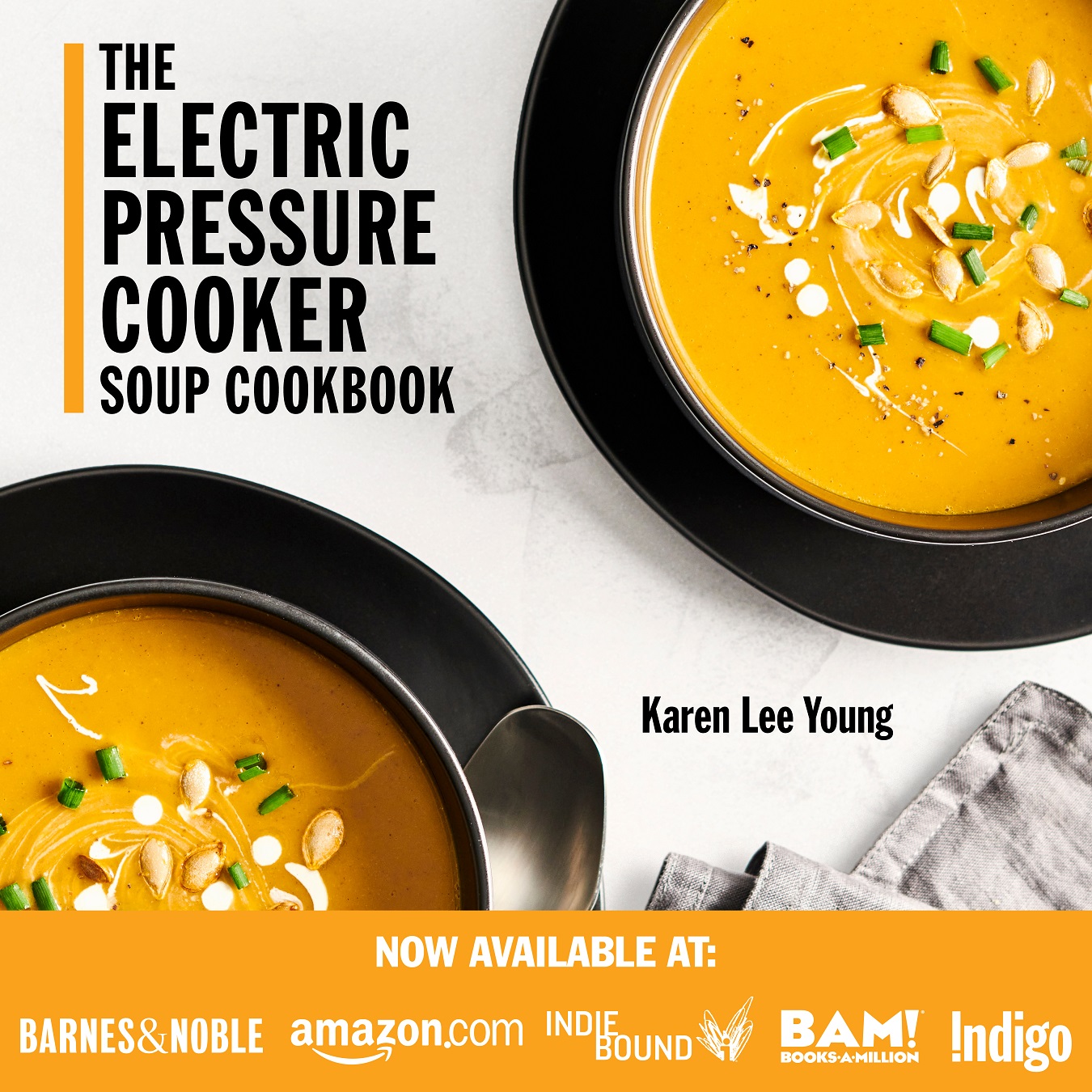Last Updated on April 17, 2025 by Karen
Learn why your espresso may taste bitter and how to fix it. Discover the best grind size, water temperature, and brewing techniques for perfect espresso with tips to avoid bitter coffee and achieve a smooth, balanced shot every time.
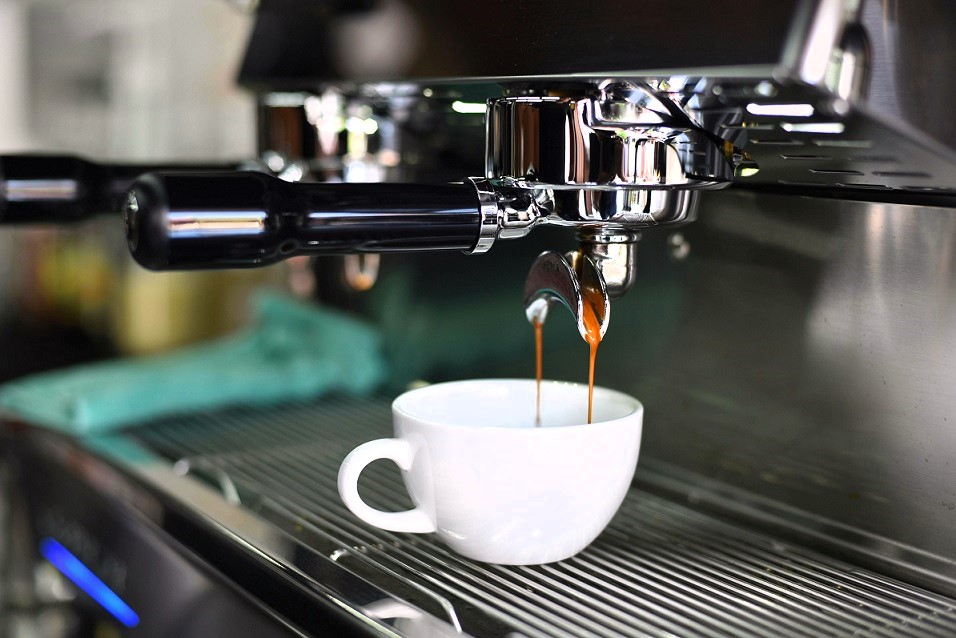
Have you ever sat down to enjoy a perfectly brewed espresso, only to take a sip and immediately cringe at the overpowering bitter taste? Maybe it’s happened to you at home, after spending time grinding the perfect beans, or perhaps at a local coffee shop where you expected a smooth, rich shot, only to be greeted by a burnt, bitter espresso shot instead. If this sounds familiar, you’re not alone!
I remember the first time I made espresso at home—excited to finally use my shiny new espresso machine, I eagerly pulled my shot. But what I got was a bitter, unpleasant taste that made me wonder if I’d ruined an entire bag of beans. As a coffee lover, this experience was frustrating. All I wanted was that perfect espresso, and instead, I was left with a cup that tasted like burnt rubber.
Turns out, this is a common problem. Many coffee enthusiasts face the challenge of bitter coffee shots at some point—whether it’s from a new machine, a different coffee grinder, or even hard water. The bitterness can come from a variety of sources, but more often than not, it’s due to a few key factors that are easy to adjust. After years of trial and error (and plenty of bitter shots), I eventually learned the secrets to perfecting the espresso-making process. Now, I’m able to consistently brew shots that are smooth, rich, and full of flavor.
So, what’s going on when espresso turns out too bitter? More importantly, how can you fix it? Is it the grind size, the water temperature, or the extraction time? Is there something you’re missing in your espresso-making routine?
In this post, we’re going to dive into the most common reasons your espresso might taste bitter, and I’ll share practical tips to help you improve the taste of your espresso. From choosing the right coffee beans to making sure your espresso machine is clean, we’ll explore the steps to take to get rid of that unwanted bitterness. You’ll also learn how to find the sweet spot in the brewing process to consistently create that perfect espresso shot—smooth, balanced, and full of flavor. Whether you’re a seasoned barista or a beginner just starting out, these tips will help you brew a shot that will make your taste buds smile.
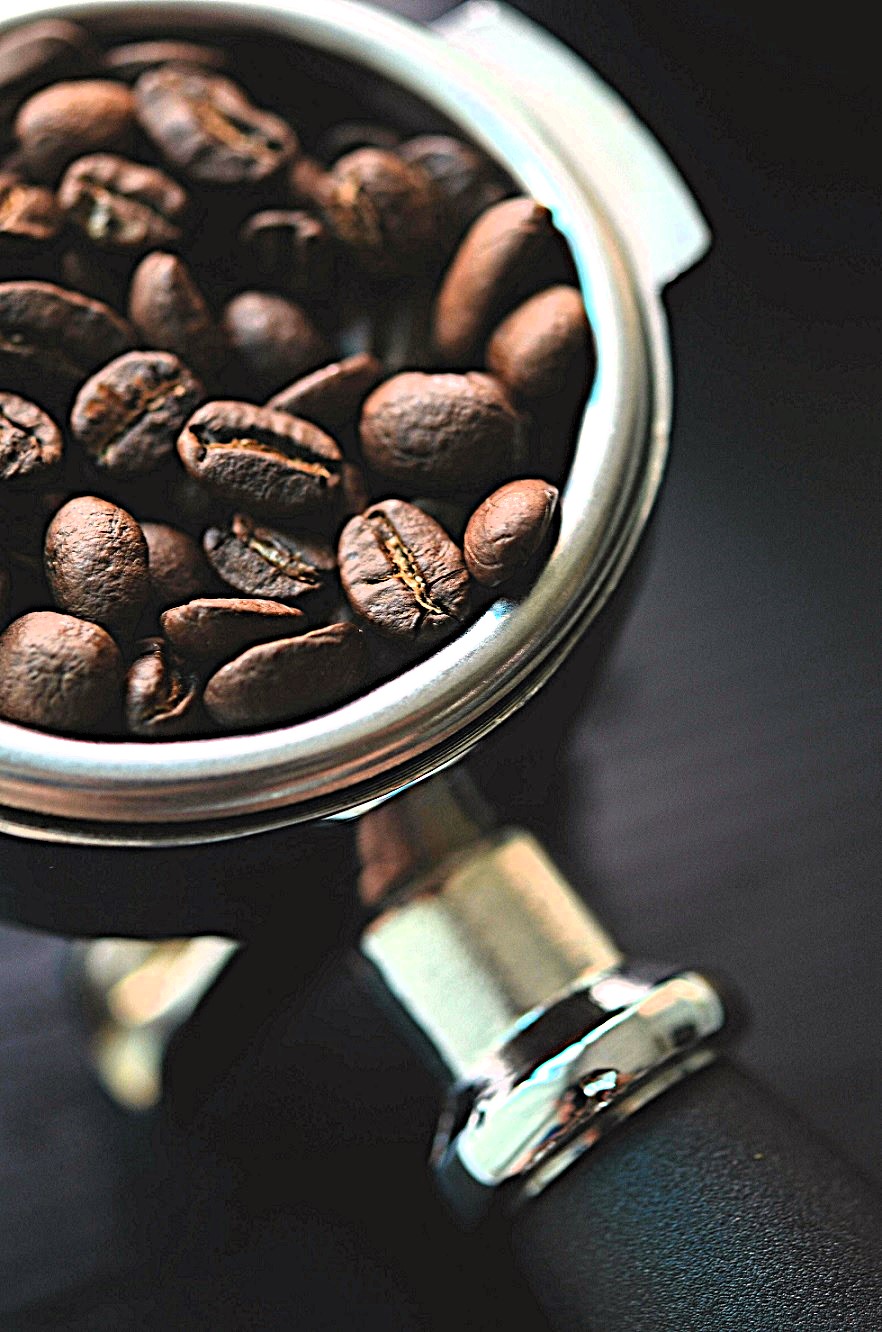
The Grind Size: Finer or Coarser?
One of the most important factors in achieving good espresso is the grind size of your coffee beans. When I first started experimenting with espresso, I didn’t fully understand how the grind size could influence the taste. I remember the first few shots I pulled tasted either too bitter or had a strange sour aftertaste. After doing some research and a little trial and error, I realized that adjusting the grind size could make a huge difference in the final result.
When the grind is too fine, it can lead to over-extraction, which means you’re pulling out too many bitter compounds from the coffee grounds. On the other hand, if the grind is too coarse, your espresso machine won’t extract enough flavor, resulting in a sour taste or weak coffee. Grinding your coffee beans to the perfect size is like finding the sweet spot in a recipe—it’s essential for getting that ideal balance of flavor.
The Right Grind Size:
Finer grind: Best for espresso machines, as it allows for optimal extraction at high pressure.
Coarser grind: Better for brewing methods like French press, but too coarse for espresso.
Finding the right balance is key. Start with a medium-fine grind, then adjust to taste. If your espresso has a bitter aftertaste, try switching to a slightly coarser grind to reduce over-extraction.
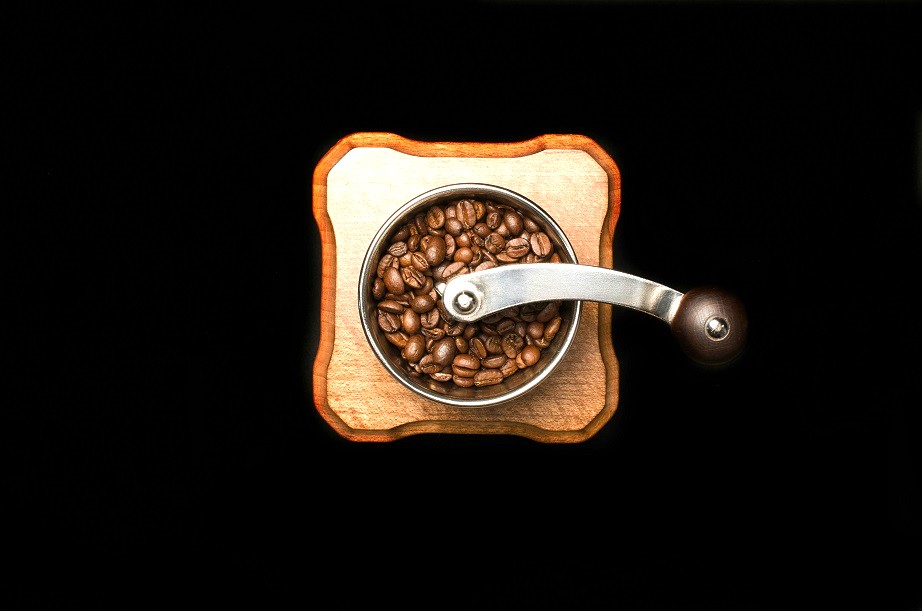
Water Temperature: Is It Too Hot or Too Cold?
Water plays a significant role in the brewing process. If the water temperature is too high, it can cause the coffee to extract too quickly, leading to over-extracted coffee that tastes bitter. Similarly, if the water is too cold, it might under-extract, leaving you with a weak espresso.
The Ideal Water Temperature:
The best results come from water heated to about 190-200°F (88-93°C). This is the sweet spot where the coffee’s flavors are extracted without pulling too many bitter compounds.
If you’re using tap water or hard water, consider switching to bottled water or filtered water for a smoother taste. Hard water can leave mineral deposits on your espresso machine, leading to poor water quality and potentially affecting the taste of your espresso.
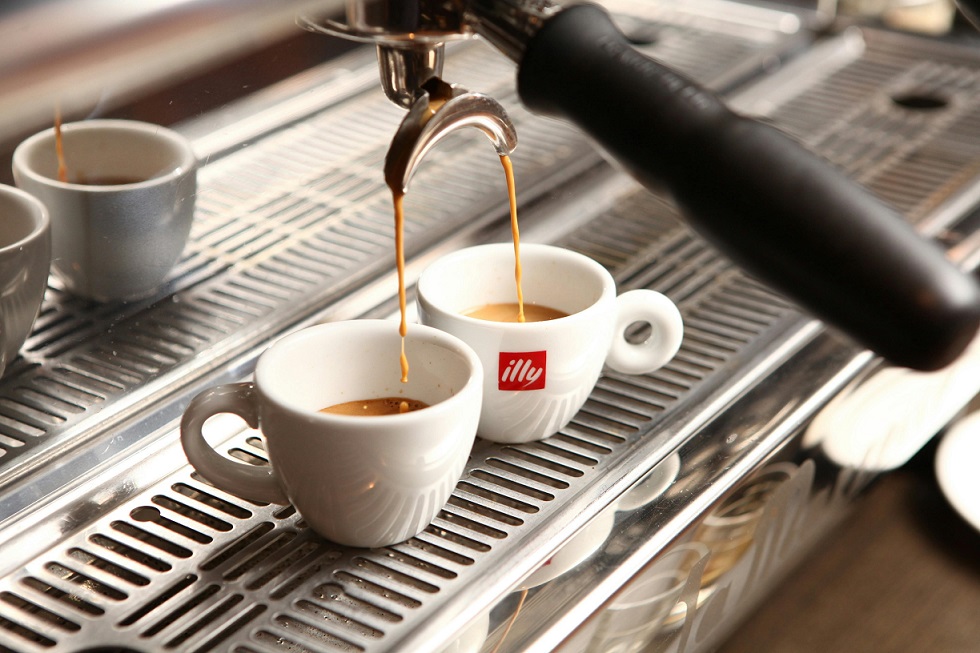
Extraction Time: How Long Should You Brew?
Extraction time refers to how long the espresso machine runs to extract the coffee. If the brewing time is too long, you may end up with bitter espresso shots due to over-extraction. If it’s too short, you could have a sour espresso shot because of under-extraction.
The Right Extraction Time:
A typical espresso shot should take around 25-30 seconds to pull. This ensures the proper balance of coffee oils and flavor compounds. If your extraction process takes longer than that, your espresso may taste burnt or over-extracted. If it’s too short, the coffee might taste sour or under-extracted.
Coffee-to-Water Ratio: Are You Using Too Much or Too Little?
The coffee-to-water ratio is another factor that influences the taste of your espresso. If you’re using too much coffee for the amount of water, you risk over-extracting the coffee and producing a bitter espresso shot. On the other hand, if you don’t use enough coffee, the shot might lack flavor and come off as weak.
The Best Brew Ratio:
Generally, for espresso, you want a coffee-to-water ratio of 1:2, meaning for every gram of coffee grounds, use about 2 grams of water. This ratio can be adjusted depending on your preferences, but it provides a good starting point for a well-balanced shot.
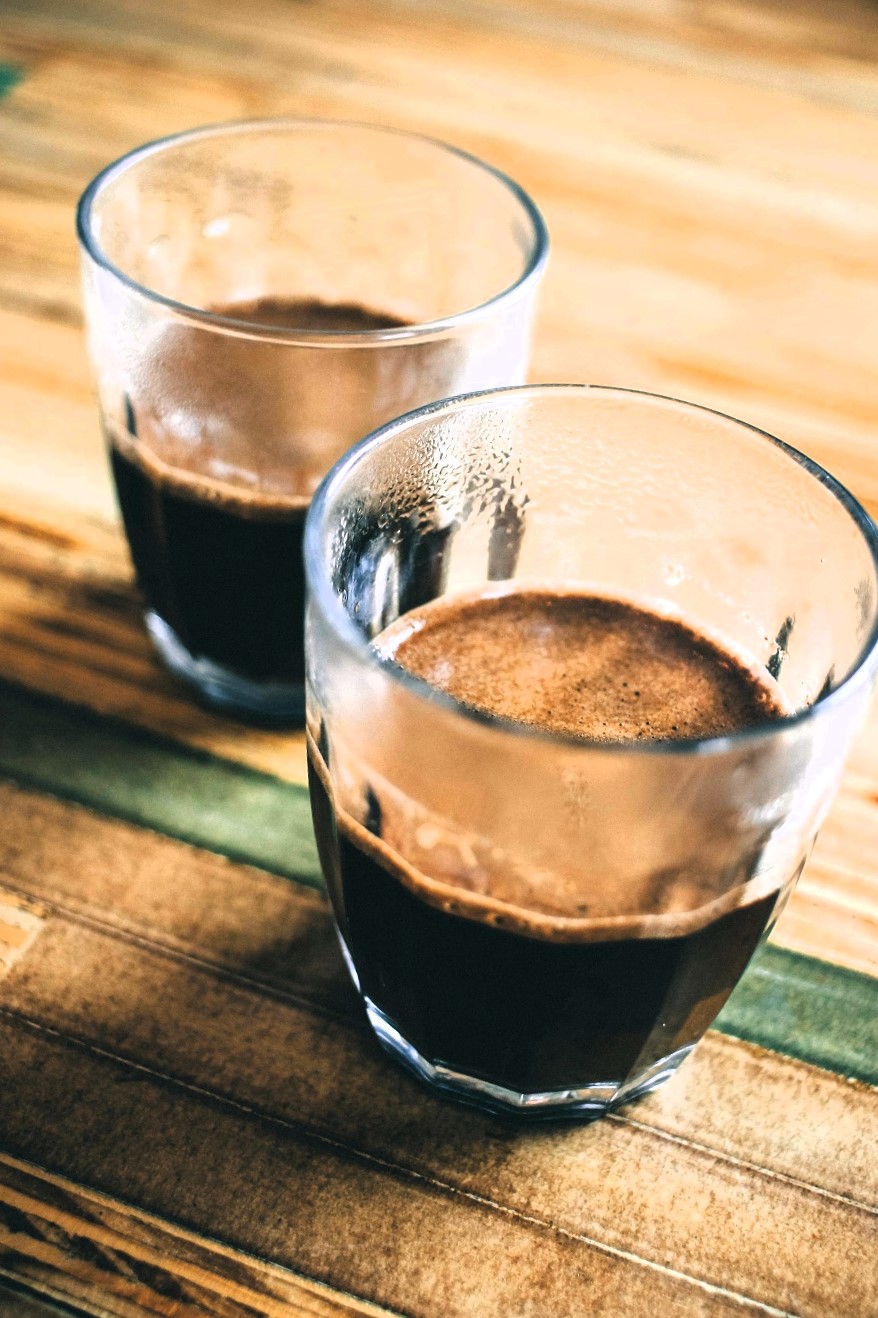
Dirty Equipment: Is Your Espresso Machine Clean?
This might sound surprising, but dirty equipment can cause bitter-tasting coffee. Over time, coffee oils and coffee residue can build up in your espresso machine, especially on the group head and shower screen. These residues can affect the water flow and cause uneven extraction, leading to bitter espresso.
Regular Cleaning:
Make sure to clean your espresso machine regularly, including the group head, coffee bed, and portafilter. Use a brush to clean the shower screen and run hot water through the machine to clear any old coffee grounds. Regular cleaning will help ensure you get perfect espresso every time.
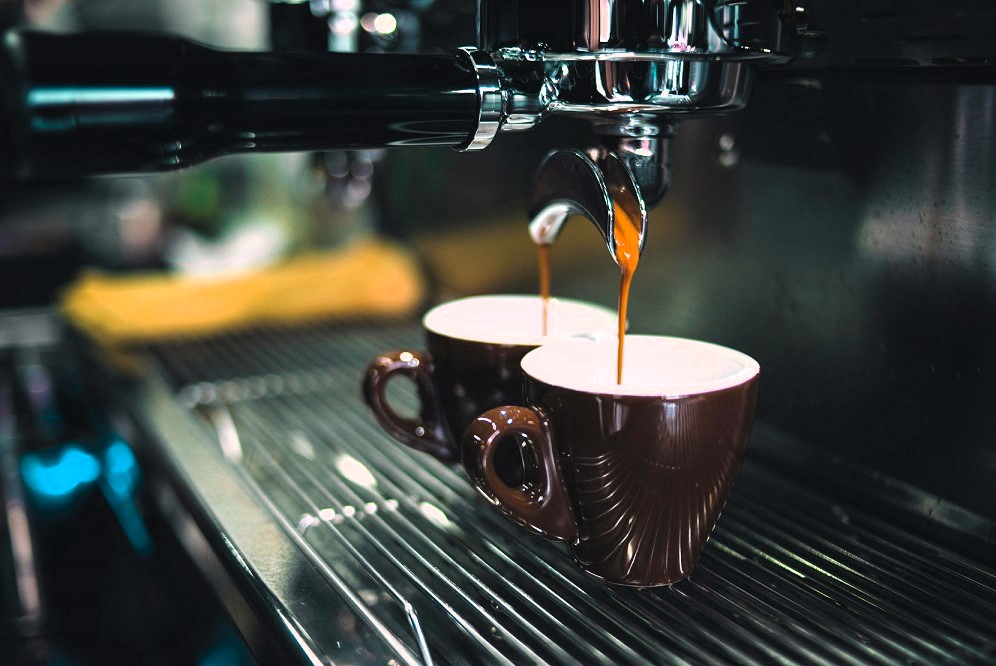
The Type of Coffee Beans: Light, Dark, or Somewhere In Between?
The type of beans you use has a major influence on the taste of your espresso. Dark roast coffee beans tend to be more bitter due to the roasting process, while lighter roasts have a brighter, more acidic taste. If you’re using dark roasts, it’s natural for your espresso to have some bitter notes, but if it’s overpowering, consider switching to lighter roasts or different beans.
Finding the Right Beans:
Experiment with different roast levels to find the one that works best for your taste buds. Many coffee enthusiasts prefer a medium roast for espresso because it provides a balance of rich flavor and intense flavor without being too bitter.
Over-Extracted Coffee: What Happens?
Over-extraction happens when the coffee is brewed for too long or the grind is too fine, extracting too many bitter compounds from the coffee grounds. This results in a bitter espresso shot that might taste burnt or overly harsh.
Avoiding Over-Extraction:
To prevent over-extraction, ensure that your extraction time is within the recommended range (25-30 seconds). Also, check your grind size—if it’s too fine, switch to a slightly coarser grind to achieve a smoother shot.
Stale Beans: Are Your Beans Fresh?
Using stale beans is another common cause of bitter coffee. Once coffee beans are roasted, they begin to lose their freshness and flavor over time. Stale beans can produce bad coffee that tastes harsh, bitter, and flat.
Fresh Coffee Beans:
Always use fresh coffee beans and store them in an airtight container to preserve their flavor. Avoid using beans that have been sitting around for months, and grind them just before brewing for the best results.
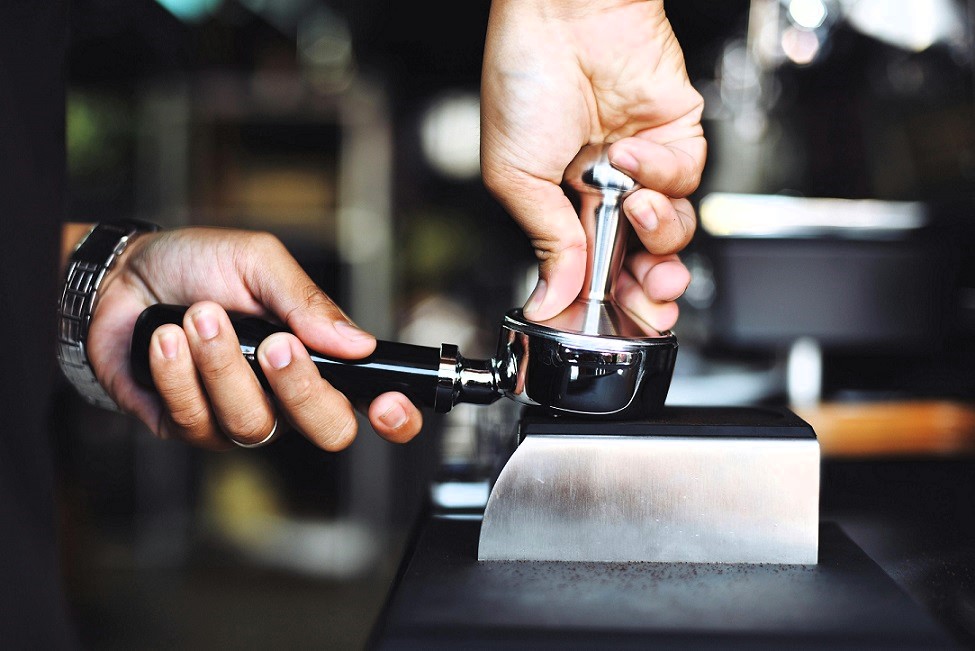
A bitter espresso shot can be disappointing, but fortunately, it’s easy to fix. By adjusting your grind size, paying attention to water temperature, monitoring your extraction time, and ensuring your espresso machine is clean, you can significantly improve the taste of your espresso. Additionally, using fresh coffee beans and maintaining the right coffee-to-water ratio will help you achieve that perfect espresso with a rich, balanced flavor.
Don’t let that bitter flavor ruin your coffee experience—by tweaking your brewing technique, you can enjoy a smoother, more satisfying cup of espresso. Happy brewing!


